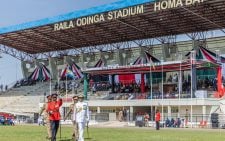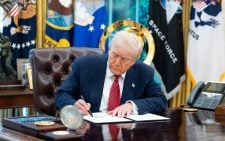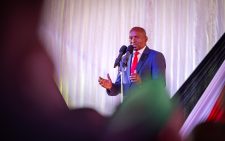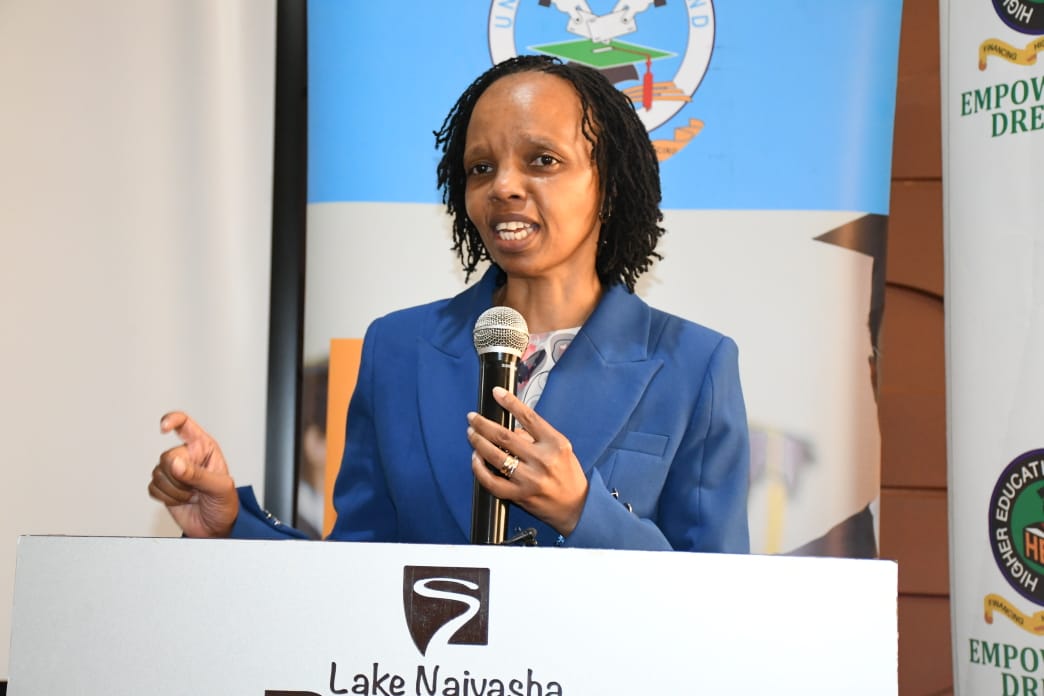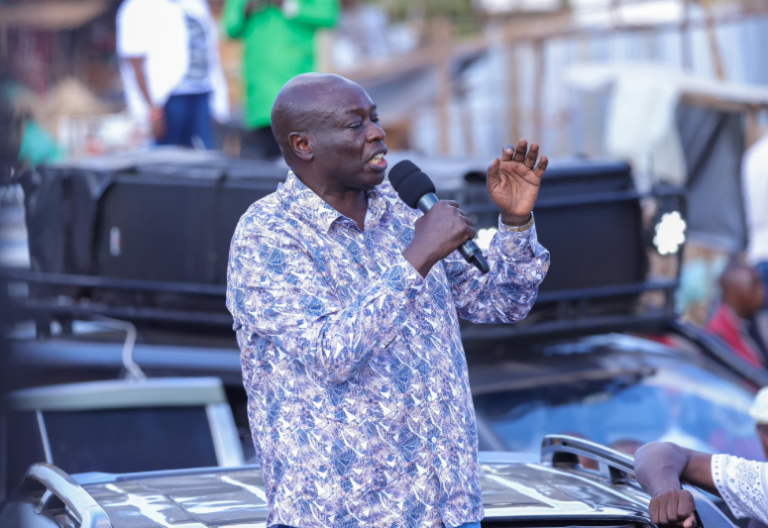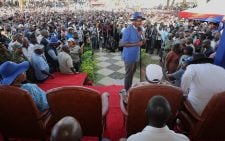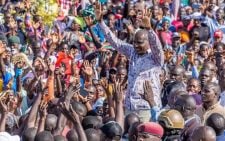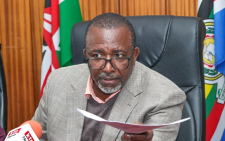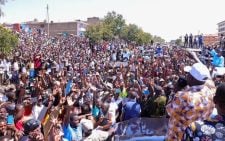Political parties longevity in focus as outfits fizzle out
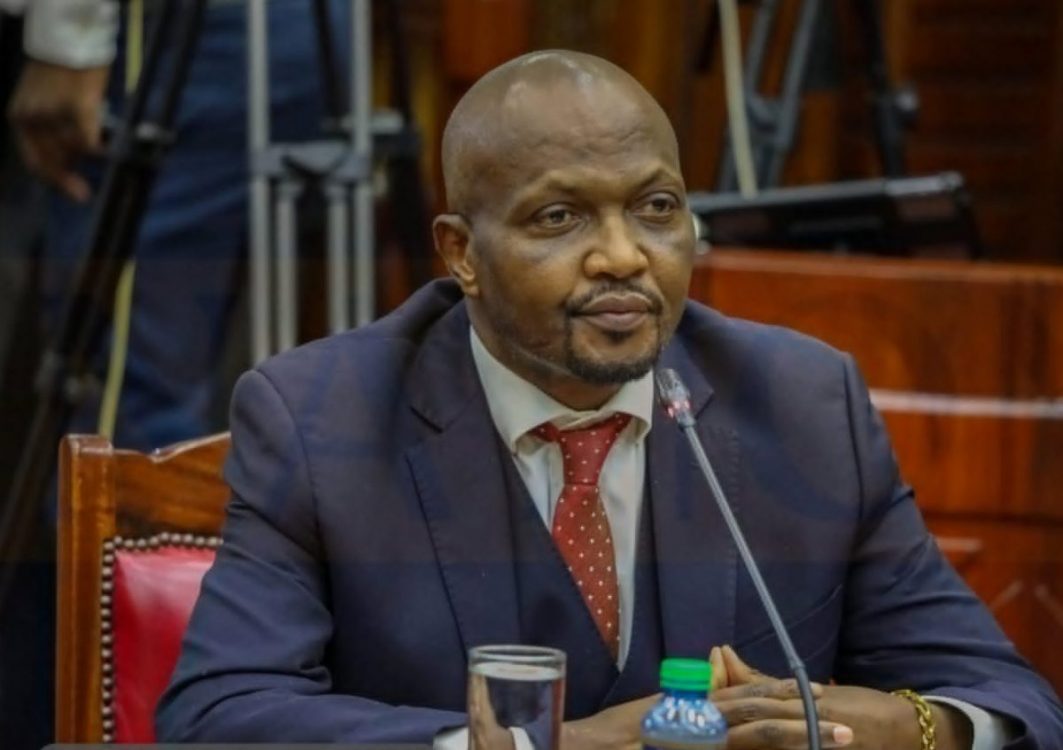
The move by Chama cha Kazi (CCK), associated with Trade Cabinet Secretary nominee Moses Kuria, to announce its dissolution in favour of United Democratic Alliance (UDA), and a brewing plot by the President William Ruto’s party to have affiliate outfits follow suit, has once again exposed for scrutiny, the purpose and roles of political parties during and beyond electioneering periods.
CCK, which is among parties that participated in the August elections under Kenya Kwanza alliance, has notified the Office of Registrar of political parties (ORRP) on the intention that to kill the party, with Kuria, who was the party leader announcing “I was the chair of a party called Chama cha Kazi, I dissolved it and went through the registrar and joined UDA.”
Negotiating units
Barely three months after the elections which saw dozens of new political parties registered by the Office of Registrar of political parties (ORRP), some of which were used to negotiate with coalitions, respective leaderships of main parties have retreated, possibly waiting for 2027 campaigns, with ORRP boss Ann Nderitu’s office experiencing reduced activities relating to political parties.
National and regional offices which experienced a flurry of activities as politicians jostled for nomination slots, and attached officials undertaking manual and digital recruitment, and other community activities to popularize them, but this has since stopped after the offices we literally closed, and some of party leaders, like Justin Muturi of Democratic Party, Alfred Mutua (Maendeleo Chapa Chap), Amason Kingi (Pan African Alliance) quitting to take up state jobs.
“The Political Parties Act defines functions of a political party which are beyond fielding candidates during General Elections and by-elections. Our office is still active with matters relating to political parties because our role is not just registering them,” Nderitu told People Daily in a telephone interview yesterday.
Whereas some individuals are continuing with the process of registering parties, Nderitu acknowledged that there has been no heightened activities in her office like it was witnessed during the campaigns, highlighting how political leaders have turned parties into just elections tools, amid concerns from observers that some unscrupulous party leaders form parties with a view to selling them for monetary gain.
Coalition formations
Over 30 new political parties were formed in the run up to the last general elections among them UDA, CCK, The Service Party of Mwangi Kiunjuri, Usawa Kwa Wote of Mwangi Wa Iria, Tujibebe Wakenya associated with William Kabogo, Democratic Action Party-Kenya linked to Eugene Wamalwa, Roots Party of lawyer George Wajackoya, Devolution Empowerment Party belonging to Kiraitu Murungi and National Ordinary People Empowered Union (NOPEU).
Failure by parties to engage in sustained activities have been cited as the major reason most of them do not go beyond election cycle, with they begin to lose flavor immediately after the General Elections, and once new parties are registered, their popularity is pegged on the popularity of its leader.
Dominant parties
For instance, The National Alliance (TNA) associated with retired President Uhuru Kenyatta who had ditched Kanu, and URP that was associated with Ruto, after being registered in 2012, became a dominant parties in Mt Kenya and Rift Valley, but after winning seats, their activities stopped, cost their popularities in the grassroots, and is 2017, two leaders registered Jubilee Party through merger of several party.
Despite being the ruling party, and having majority in both houses of parliament, the leadership went into a slumber, with zero party activities that ruined its popularity and reduced it to a shell, and in the August elections, it performed dismally after it only managed to bag Laikipia North, Ol-Kalou and Kinangop seats where Sarah Korere, David Kiaraho and Kwenya Thuku retained their positions.
But as the most political parties ground their operations, at least for now, one of the parties-Universal Unity Party (UUP) that would have been considered fringe in the last poll, and which was registered in May last year, is deliberately undertaking sustained activities ensure it remains active in the next five years.
The party leader Robert Wairiri, says the outfit which has 780, 000 members so far, as per the register in the ORPP and branches in 29 counties, says, they intend to be the face of sanity within political party operations, and a case study of how parties should operate.
“We believe that a political party has more roles and purpose beyond elections. They have a responsibility of engaging in civic education one various aspects, expressing citizen concerns and offering alternative policies and ideas that have assisted both the national and county governments for the betterment of the country as well as shaping public opinion. Our outfit views beyond the election lens and that is why we are still active in our party activities and we will be more vibrant, not with 2027 campaigns but be the voice of the people by among other things, formulating public policy positions and present policy alternatives,” Wairiri said yesterday.
